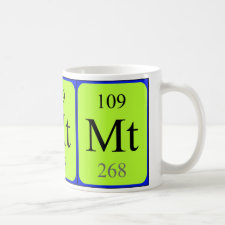
Authors: Cheong SH, McNiven S, Rachkov AE, Levi R, Yano K, Karube I
Article Title: Testosterone receptor binding mimic constructed using molecular imprinting.
Publication date: 1997
Journal: Macromolecules
Volume: 30
Issue: (5)
Page numbers: 1317-1322.
DOI: 10.1021/ma961014l
Abstract: The molecular imprinting technique was used in the synthesis of polymers having a high affinity for testosterone. These polymers thus function as receptor binding mimics for the drug. Various polymerization conditions were examined in order to determine their influence on the binding strength and selectivity of the binding mimics. Using a series of similar steroids, we were able to identify features of the molecules which affect their affinity for the polymer matrix. The efficacy of covalent and noncovalent imprinting methods was also compared. As determined by HPLC, the most selective (noncovalently imprinted) polymer bound testosterone over 4 times more strongly than did a nonimprinted polymer and at least 3 times more selectively than steroids of similar structure



Join the Society for Molecular Imprinting

New items RSS feed
Sign-up for e-mail updates:
Choose between receiving an occasional newsletter or more frequent e-mail alerts.
Click here to go to the sign-up page.
Is your name elemental or peptidic? Enter your name and find out by clicking either of the buttons below!
Other products you may like:
 MIPdatabase
MIPdatabase









